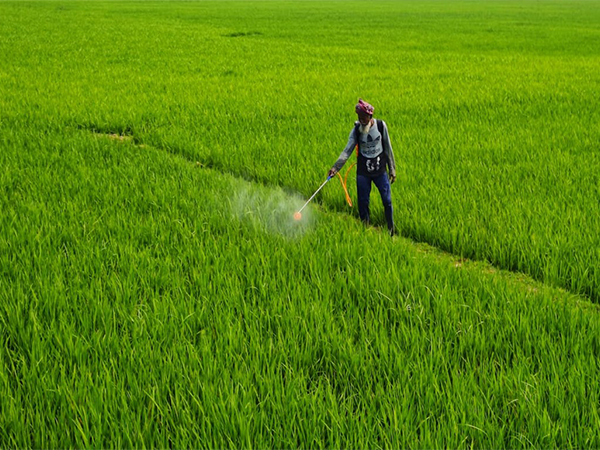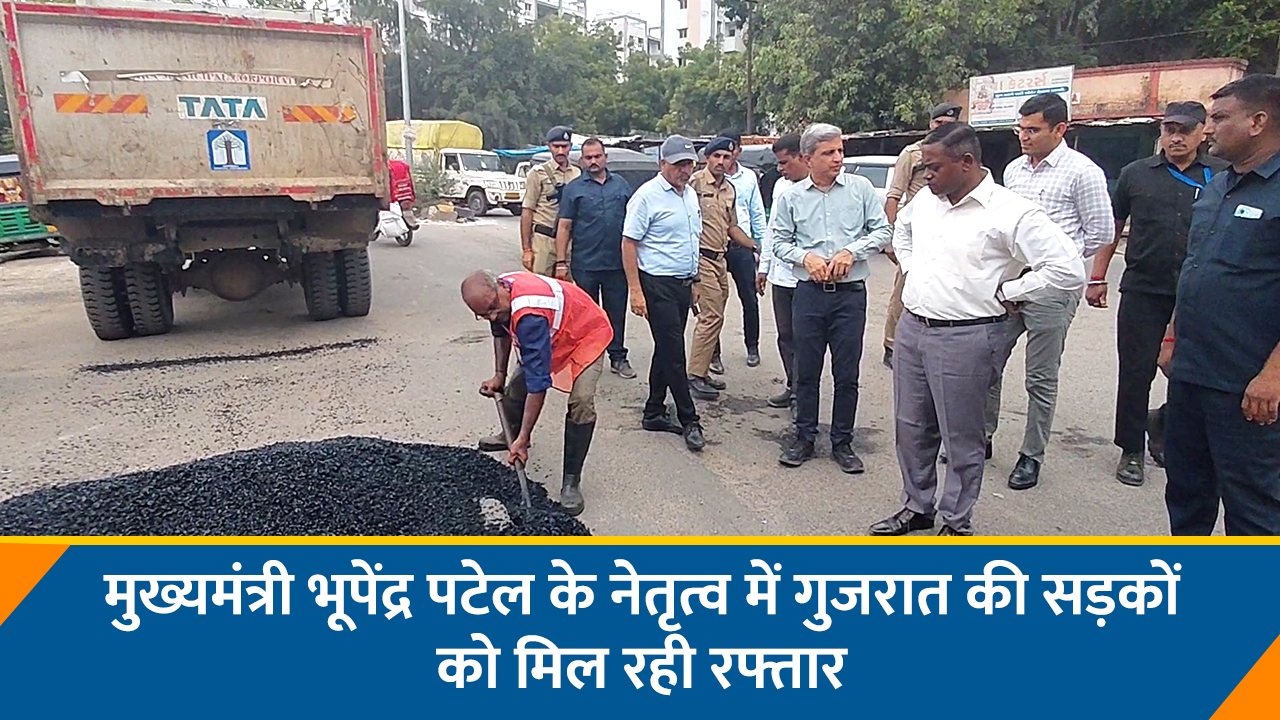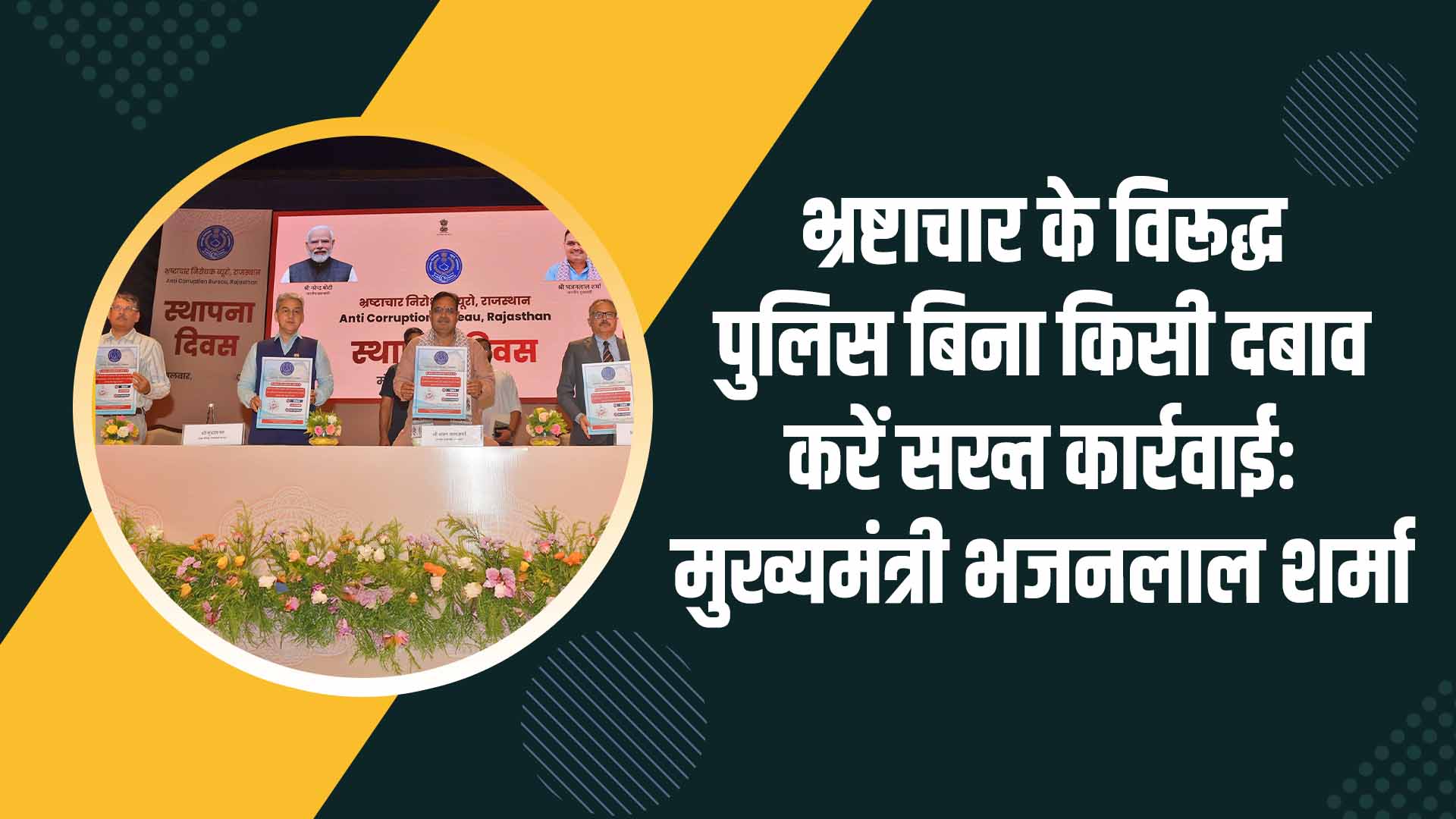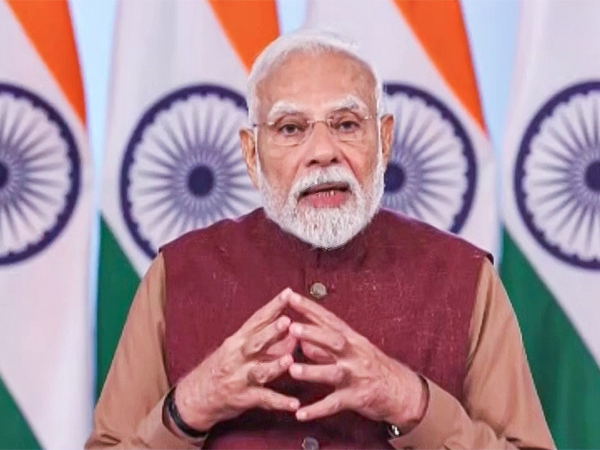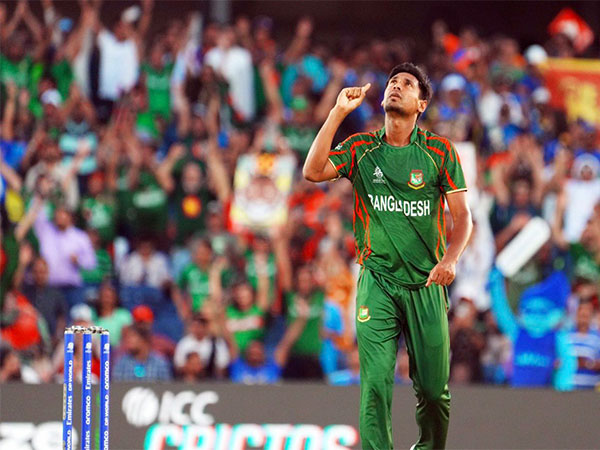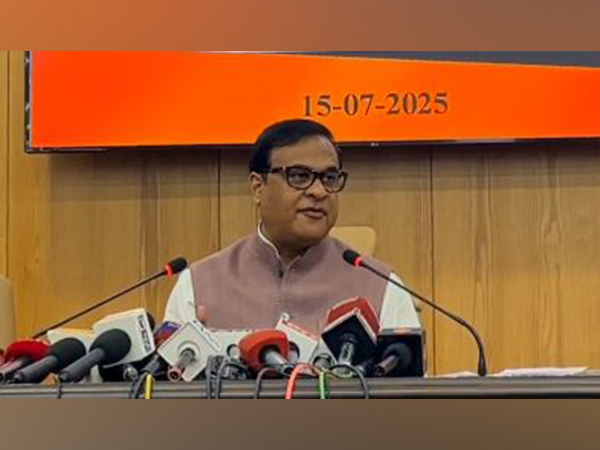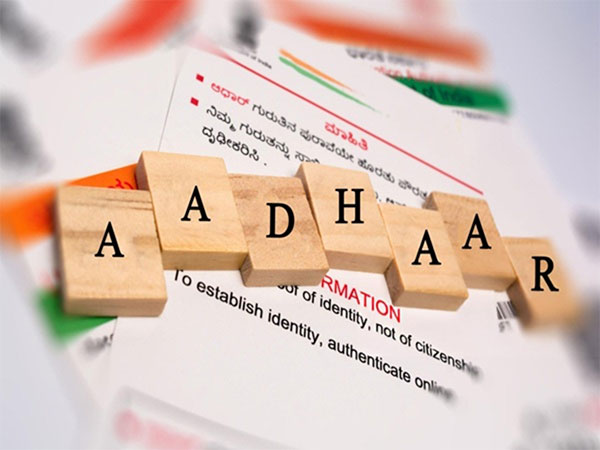
India's retail inflation headed below 2% RBI tolerance band in July: Nomura
Jul 16, 2025
New Delhi [India], July 16 : Retail inflation in India, which has been on a declining trend providing further respite to common people, is expected to head below RBI's 2 per cent lower tolerance band, this July, according to Nomura.
Continuing its downward trend, retail inflation in India hit a new over six-year low in June, at 2.1 per cent.
"Headline inflation moderated below market expectations...," multinational investment and brokerage firm Nomura said in a report this week. A sharp decline in prices was reported in a number of food categories, offsetting the seasonal uptick in vegetable prices.
Food and beverages inflation fell in June, with a sequential drop in prices of pulses, cereals, and spices, while higher prices were observed for eggs, meat, and fish, edible oils, and vegetables; the latter in line with seasonal trends.
Against this backdrop of moderating retail inflation in India, Nomura recently lowered its 2025-26 headline inflation forecast to 2.8 per cent, from 3.3 per cent, well below the RBI's forecast of 3.7 per cent.
"While the hurdle for a rate cut at the next meeting in August appears high, we expect 25 basis point cuts in each of the October and December meetings to a terminal rate of 5.00 per cent," the Nomura report read.
"We also expect banking system liquidity to be kept in a surplus for effective monetary policy transmission," it added.
Daily data for the first 13 days of July suggest headline inflation is tracking even lower in July, at around 1.5 per cent, Nomura asserted.
The inflation rate is within the Reserve Bank of India's (RBI) manageable range of 2-6 per cent.
Retail inflation last breached the Reserve Bank of India's 6 per cent upper tolerance level in October 2024. Since then, it has been in the 2-6 per cent range, which the RBI considers manageable. Food prices were a concern for Indian policymakers, who wished to sustain retail inflation around 4 per cent.
Inflation has been a concern for many countries, including advanced economies, but India has largely managed to steer its inflation trajectory well. The RBI held its benchmark repo rate steady at 6.5 per cent for the eleventh consecutive time, before cutting it first time in about five years in February 2025.
Analysts expect inflation to remain under control, allowing the RBI to focus on supporting economic growth. The recent 50 basis points repo cut was quite an indication.
The inflation outlook for the year 2025-26 has been recently revised downwards from RBI's earlier forecast of 4 per cent to 3.7 per cent.
"We expect credit growth to remain subdued and see downside risks to the RBI's 2025-26 forecasts for GDP growth (6.5 per cent) and inflation (3.7 per cent)," the Nomura report read.
Separately, Wholesale inflation (WPI) in India turned negative in June at (-) 0.13 per cent as against 0.39 per cent in May. In April 2023, the wholesale inflation last went into negative territory and continued for seven straight months. Similarly, in the initial days of COVID-19, in July 2020, too, the WPI was reported to be negative.
Economists often say a little rise in wholesale inflation is good, as it typically incentivises goods manufacturers to produce more.
